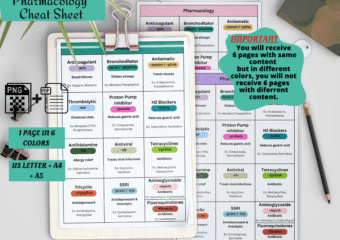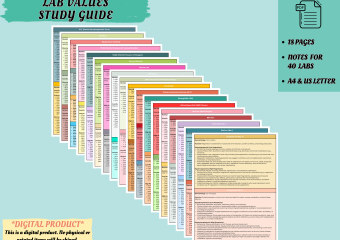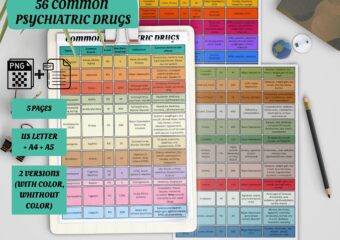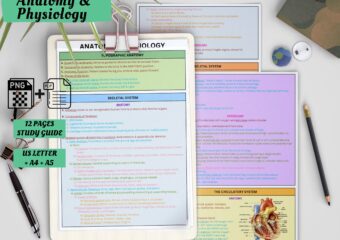Is Radiology Tech School Harder Than Nursing School?

- How to Write Effective Therapy Progress Notes - January 7, 2025
- How to create SMART Goals in Therapy - October 8, 2024
- MICU vs SICU: What is the difference? - March 25, 2024
Medical professionals are the backbone of our healthcare system, with varying roles and responsibilities. Two of these roles are radiology technicians and nurses, both critical members of the healthcare team, but each demanding different sets of skills and academic backgrounds. The comparison between the two fields – radiology tech and nursing – often stirs up curiosity. Is one harder than the other? Here, we will attempt to answer this question.
What is Radiology Tech School?
Radiology Tech School is an educational program that prepares students to work in the radiology sector of healthcare. This program primarily focuses on medical imaging, radiation safety, and patient care, which are critical aspects of a radiologic technician’s job. These schools offer courses in X-rays, computed tomography (CT), magnetic resonance imaging (MRI), and ultrasound technologies. Students are taught about the physics behind these imaging modalities. This program typically lasts for two years, but there are schools that offer four-year programs as well.

The Difficulty of Radiology Tech School
Radiology Tech School is undoubtedly challenging and requires dedication. The curriculum demands a solid understanding of medical imaging technologies and the underlying physics, radiation safety, and patient care. Despite the complexity of the subject matter, the program’s admission criteria are often less rigorous compared to nursing school, and the curriculum is less mandating, which may allow students to have more time to absorb the content. While some people might find the program challenging, it’s worth noting that the difficulty level of any educational program is largely subjective and depends on individual strengths and weaknesses.
What is Nursing School?
Nursing School is an educational program that trains students to provide healthcare services as professional nurses. The curriculum in a nursing school is extensive, covering a broad range of medical knowledge, including human anatomy, physiology, pharmacology, and various aspects of patient care. Nursing study programs can range from two-year associate degree programs to four-year bachelor’s programs, and beyond to advanced degrees for those pursuing specialized roles.
The Difficulty of Nursing School

Nursing school is perceived to be more demanding due to the breadth and depth of the curriculum, along with the necessity to complete a significant number of clinical hours. It demands a robust understanding of human anatomy, physiology, and pharmacology, among other subjects. Furthermore, the nature of nursing demands an extensive knowledge base as it involves a wide range of diseases and treatments, and an RN can choose to specialize in a particular field, opening a whole new world of knowledge and skills to acquire. The academics, GPA requirements, and competition into programs are generally tougher than in radiology tech school.
Is Radiology Tech School Harder Than Nursing School?
The relative difficulty between Radiology Tech School and Nursing School depends largely on individual abilities, interests, and career goals. Nursing School may be considered more academically rigorous, given the extensive curriculum and higher clinical hour requirements. However, this doesn’t necessarily mean that Radiology Tech School is easier, as it also requires mastery of complex imaging technologies and related medical knowledge.
The statement that one program is harder than the other could be misleading, as the challenges in each are different and unique to the field. While nursing demands a broader knowledge base and more extensive clinical experience, radiology requires a deep understanding of imaging technologies and radiation safety.
So, rather than asking which program is harder, prospective students should consider which profession aligns more with their interests, abilities, and career goals. After all, the passion for the profession and dedication to learning can often surpass the hurdles of academic rigor.




